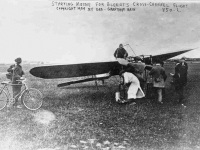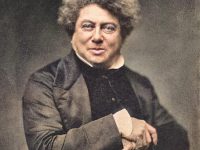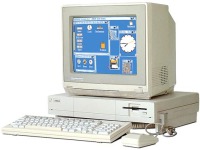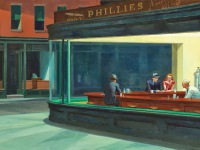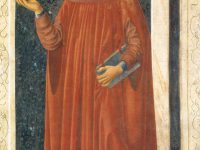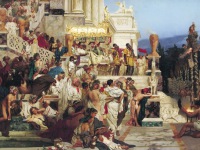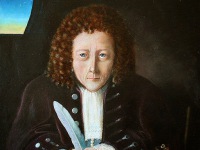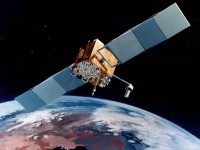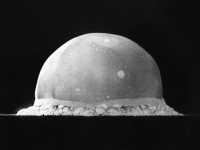Louis Blèriot’s famous Flight across the English Channel
On July 25, 1909, French aviation pioneer Louis Blériot successfully crossed the English Channel from Calais to Dover Castle in a heavier than air aircraft. Louis Bleriot – Military Service and Inventions Louis Bleriot was born on July 1, 1872, in Cambrai, France, as the first of five children to Clémence and Charles Blériot. In 1882, Blériot was sent as a boarder to the Institut Notre Dame in Cambrai. By the age of…
Read more











